StaffOptions For Discrimination and Harassment
What is Discrimination and Harassment?
Definition
According to UNM policy, discrimination or harassment is conduct that adversely affects the employment, educational access, living situation, or participation in university programs by a member of a “protected class.” State and federal laws prohibit discrimination and harassment against individuals based on personal traits or characteristics, statuses, and/or beliefs: including age, ancestry, color, ethnicity, gender, gender identity (including gender expression), genetic information, national origin, physical or mental disability, pregnancy, race, religion, serious medical condition, sex, sexual orientation, spousal affiliation, and veteran status.
Examples
- Sexual misconduct, including physical and verbal mistreatment
- Racist comments or actions
- Refusal to accommodate disability
- Poor treatment based on religion
- Homophobic or transphobic remarks

